Description
Come to the Cape Floral Kingdom and discover some of its amazing orchids and other plants!
The Cape Floral Kingdom, one of the six recognised floral kingdoms of the world, is an area of extraordinarily high diversity and endemism, and is home to over 9,000 vascular plant species, This bio-diversity is associated with fynbos, a Mediterranean type biome of woodlands and scrub. Central to this is fire which clears areas every now and then, stimulating the flowering of orchids and bulbs.
Home to the fynbos is a set of extraordinary orchids belonging to the genus Disa. For terrestrial orchids members of the Disa genus rival epiphytic orchids in variety and colour. The genus comprises about 180 species indigenous to tropical and southern Africa, with a few more in the Arabian Peninsula, Madagascar and Réunion. A large number occur in a small area in the Western Cape of South Africa’; some are common whilst others are rare and their appearance depends on fire. Their habitat can be mountain streams or bare rocky terrain
Disa exhibit similarities with the genus Ophrys as regard to their pollination mechanism. Each species of Disa usually has a single species as pollinator. They employ a large range of pollinating insects such as butterflies, carpenter bees whilst night-scented flowers are pollinated by moths. Some Disa species are pollinated by sunbirds and have pollinaria that stick to the feet of the sunbirds when they perch on the inflorescence.
Our aim during this holiday is to see the commoner species such as Disa cornuta, D. cylindrica and D. tenuifolia, but also look for the rarer and fire-dependent species such as Acrolophia lunata, Disa atricapilla and bivalvata, and Pachites bodkinii amongst many others. We hope to see some early flowering specimen of the iconic Red Disa (Disa uniflora), too.
Acrolophia is another genus of the orchids we shall look for, species such as Acrophia capensis, Acrophia cochlearis and other members of the genus in coastal sands and fynbos.
Since many species depend on fire for flowering and this may vary from year to year, we shall keep the itinerary somewhat flexible to visit areas that have recently burned. Some of these areas we may not have visited during the research undertaken for the trip. A selection of species reliant on fire are members of the Ceratantha genus such as Ceratantha globosa and Ceratandra harveyana and members of the Holothrix genus which we shall also look for.
We shall also search for the extraordinary Bartholina etheliea and members of the Corycium genus such as Corycium carnosum (now Evotella carnosa), pollinated by oil-collecting bees and Orthochilus, Pterygonium and Satyrium species
We shall visit some of the representative habitats such as Fynbos and Afrotemperate Forest, and protected areas such as Table Mountain National Park, Garden Route National Park and Kogelberg Nature Reserve.
Table Mountain National Park forms part of the Cape Floristic Region and as such supports a high diversity of flora. The Kogelberg Nature Reserve is located in the Kogelberg Mountains, on the eastern edge of Cape Town and protects a significant portion of Kogelberg Sandstone Fynbos. The Kogelberg mountains have a floral diversity per unit area that is greater than anywhere else in the world. On our travels we shall see examples of other plant families such as Protea, Erica and many bulbous plants.
Weather: Akin to summer in a Mediterranean climate; temperatures possibly between 15 degrees at night and well into the 30s during the day. Some precipitation is possible and light rain gear might be a good idea.
Passport requirements: Please ensure you have at least 2 – 3 blank pages in your passport as you will be denied entry to South Africa unless you have 1 blank page, and you need space for the visit to Lesotho. UK passport holders do not need a visa to enter South Africa or Lesotho but if you are traveling on the passport of another country then please check the requirements.
Health and fitness: Regular hikers /walkers won’t find this tour demanding, but some level of basic fitness is required for some of the walks. We will allow for plenty of time for steep sections and we will only do fairly short walks of up to 6km, but we will spend lots of time in the open where shade may not always be available and temperatures may reach 30+ degrees.
Languages: The guides are native and/or fluent speakers in English, German and Greek.
This promises to be a fantastic and very popular tour – we recommend booking early to avoid disappointment!


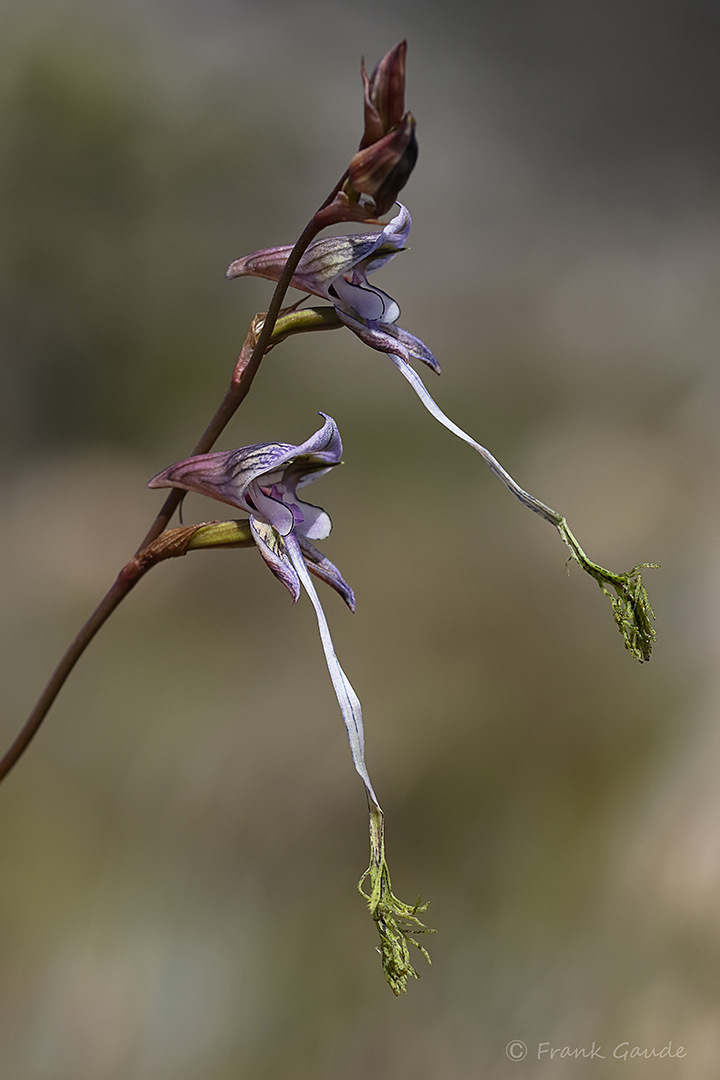
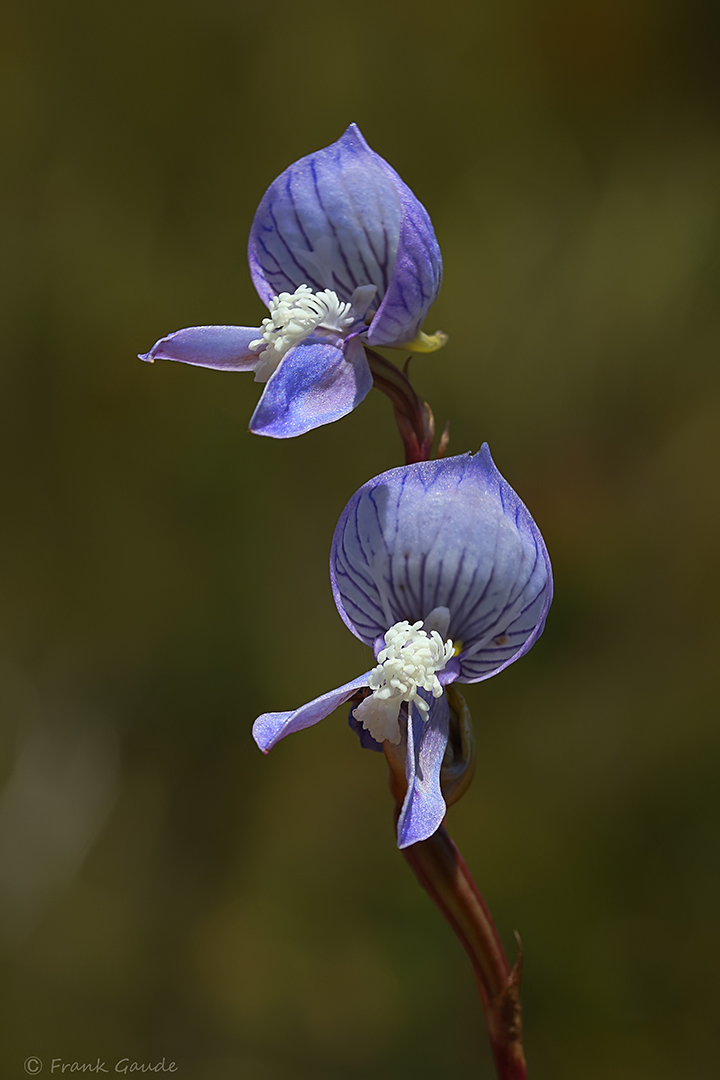

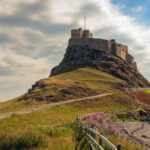
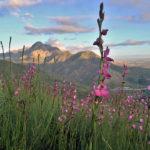
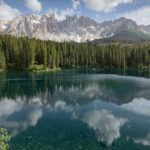


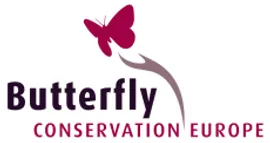


Reviews
There are no reviews yet.